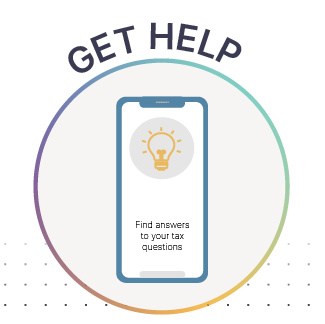If you file your tax return or pay your taxes late, you can suffer a variety of consequences. This is true whether you have a refund coming or owe taxes. Consequences include:
Delay in receiving your refund
If you are due a refund, you will not receive it until you file your tax return.
Penalties and interest
The IRS may assess interest and penalties on your account.
The IRS may file a tax return on your behalf
This is called a Substitute for Return (SFR). Because the IRS may not have complete information about your situation, it may overstate your tax liability. This could mean you’d owe more taxes, or you will receive less of a refund than if you had filed your own return. If the IRS files an SFR, it’s still in your best interest to file your own tax return to take advantage of any exemptions, credits, and deductions you’re entitled to receive.
Collection actions
When you file a tax return or the IRS files an SFR for you that shows a balance due, the IRS will try to collect that amount. Depending on your situation, the IRS may file a lien that attaches to your property or rights to property or place a levy on your bank account, wages, or other sources of income.
Identity theft
Another possible consequence of not filing your own tax return is someone else might use your Social Security number and file a false tax return, stealing your identity. If this happens, when you do file, your return and any refund will be delayed while the IRS determines which return is correct.
Losing your refund
You must file your tax return within a specified period to receive a refund. In general, you can lose your refund if you don’t file within the Refund Statute Expiration Date (RSED).
The Refund Statute Expiration Date (RSED) is the end of the time period in which a taxpayer can make a claim with IRS for a credit or refund for a specific tax year(s). If a claim is not made within the specified time, then a taxpayer may no longer be entitled to a credit or refund.






